
By Seade CAESAR
In 2025, Qatar stands out not just as a wealthy Gulf nation but as a strategic player in global trade through its unique “relationship economy”. Unlike purely transactional markets, Qatar emphasizes long-term partnerships, cultural alignment, and mutual trust in its trade and investment engagements.
For African governments looking to attract sustainable investment and expand bilateral trade, understanding this relational approach is critical. With Qatar deepening its economic footprint across Africa from energy and agriculture to finance and infrastructure the continent has a timely opportunity to move beyond one-off deals. Embracing Qatar’s model can lead to deeper, more impactful economic cooperation and development partnerships.
Qatar’s Strategic Economic Landscape (2025)
Robust GDP Growth and Diversification
In 2025, Qatar’s GDP is projected at US?$240 billion, with growth at 4.1%, reflecting its success in reducing dependence on hydrocarbons. The government’s Vision 2030 continues to drive investments in sectors such as education, technology, health, and logistics. This economic resilience makes Qatar a strong partner for African governments seeking diversified and stable trade relationships.
Surge in Private Sector Exports
Qatar’s private sector recorded QR?12.2 billion (US?$3.3 billion) in exports in 2024, a 68.5% year-on-year growth in Q4. This surge highlights the government’s effective support for SMEs and non-oil sectors. The strength of the private sector indicates Qatar’s readiness to engage in diversified, long-term trade with emerging markets, including Africa’s growing economies.
Expanding Global Export Reach
In Q2 2024 alone, Qatar exported goods to 105 countries, including 27 African nations, showing the country’s expanding trade footprint. This outreach aligns with Qatar’s ambition to become a global trading hub. For African governments, this offers opportunities to integrate into established Qatari supply chains through agriculture, textiles, raw materials, and services exports.
Gateway to Gulf – Africa Commercial Networks
Qatar is increasingly positioning itself as a logistics and investment bridge between the Gulf and Africa. With infrastructure like Hamad Port and Qatar Free Zones, it facilitates efficient trade corridors. African exporters and governments can use Qatar not just as a market, but as a gateway to the wider Middle East and Asia.
Growth Trends in Africa – Qatar Trade
Qatar – South Africa Trade
Bilateral trade between Qatar and South Africa reached about US?$120 million in 2023, driven by exports of mineral fuels, plastics, and aluminum. South Africa remains one of Qatar’s key African trading partners due to its industrial base and logistical connectivity. This trade is expected to grow as both nations explore energy collaboration, petrochemicals, and high-value agricultural exports.
Trade with Nigeria
Qatar’s trade with Nigeria rose to approximately QR?286 million (~US?$78.5 million) in 2023, a 50% increase since 2019. Key exports include plastics, chemicals, and machinery, while imports focus on cashew nuts and agro-commodities. Nigeria’s growing consumer market, oil wealth, and Islamic finance prospects position it as a natural partner for deeper bilateral investment and infrastructure cooperation.
Trade with Ghana
Qatar’s exports to Ghana totaled around US?$18.6 million in 2023, largely consisting of plastics, rubber, furniture, and processed chemicals. Ghana offers a strategic West African gateway and aligns with Qatar’s long-term interest in infrastructure and energy investment. Strengthening diplomatic ties and mutual participation in investment forums could elevate trade beyond primary goods into value-added sectors.
Trade with Egypt
Qatar’s trade and investment presence in Egypt has surged, with imports from Egypt reaching US?$35 million in 2024 and total Qatari investment climbing to US?$618.5 million. Strategic sectors include real estate, telecom, and energy. Egypt’s large population, Suez Canal proximity, and openness to Gulf capital make it a top recipient of Qatari FDI in North Africa.
What “Relationship Economy” Means for Africa
Qatar’s trade and diplomatic engagements emphasize long-term collaboration, not just contracts
Qatar’s trade and diplomatic engagements emphasize long-term collaboration, not just contracts. Partnerships like Gulf-Africa Commercial Representation (GACR) facilitate personal networks and institutional trust-building. Unlike markets driven purely by transactions, Qatar’s business culture is built on enduring relationships, often solidified through trust, shared values, and consistent diplomatic dialogue.
This approach favors countries and partners willing to invest time in understanding cultural and business norms. African governments that move beyond short-term procurement contracts to embrace long-term cooperation such as multi-year infrastructure projects, educational exchange programs, and joint ventures will find greater success. Qatar values mutual growth, and African leaders who engage beyond economic metrics to foster trust and strategic alignment are better positioned to unlock high-impact partnerships that yield long-term developmental and diplomatic dividends.
Strategic co-investments highlight Qatar’s interest in mutually beneficial development projects
Strategic co-investments such as Qatar’s gas projects in Nigeria (~US?$15–20?billion) or renewable energy plans in Ghana (~US?$200?million) highlight its interest in mutually beneficial development projects rather than pure exports. Qatar prioritizes partnerships that offer shared growth and benefit both sides.
This is evident in its growing footprint across Africa through co-investments in energy (e.g., Nigeria’s gas sector), renewable power (e.g., Ghana’s solar expansion), and infrastructure.
Rather than simply exporting capital or technology, Qatar seeks partners that will share risks, responsibilities, and returns. African governments that present bankable, well-aligned development projects especially in sectors that overlap with Qatar’s national interests will attract greater attention. These partnerships foster job creation, knowledge transfer, and regional stability, making Qatar a long-term collaborator in Africa’s economic transformation rather than just a temporary investor.
How African Governments Can Leverage Qatar’s Model
Engage through Formal and Informal Channels
African governments can strengthen bilateral trade with Qatar by utilizing both official diplomatic channels and informal relationship-building networks. Embassies, diaspora communities, trade expos, and forums such as the Gulf-Africa Commercial Representation (GACR) are critical platforms for building trust. Active participation in Qatari-hosted events helps establish long-term connections that precede contracts and foster investment credibility.
Align Investment Pipelines with Qatar’s Strengths
To attract meaningful Qatari investment, African governments must identify and promote sectors that align with Qatar’s global investment strategy such as energy, agriculture, logistics, Islamic finance, and renewable energy. By creating well-structured investment pipelines and public-private partnership opportunities in these areas, governments can demonstrate readiness for collaboration and position themselves as attractive, strategic destinations for Qatari capital.
Use Relationship-Driven Diplomacy
Beyond technical negotiations, African leaders should adopt a relationship-based diplomatic approach that emphasizes cultural understanding, shared values, and continuity in engagements. High-level visits, joint commissions, and consistent ministerial dialogue with Qatari officials build credibility and deepen ties. Relationship diplomacy fosters trust, making African governments more likely to secure long-term Qatari partnerships over sporadic or purely transactional engagements.
Opportunities Sectors & Mutual Priorities
Energy & Renewables
Qatar’s expertise in natural gas and growing investments in renewables offer African countries strategic partnerships for energy development. Collaborations like Qatar Energy’s projects in Nigeria and Egypt show how African nations can tap into Qatari financing and technology for LNG terminals, solar, and wind projects. This not only boosts energy security but supports Africa’s transition to cleaner, diversified energy sources.
Agriculture & Food Security
Qatar, with limited arable land, prioritizes food security through strategic imports and agricultural investments. African countries, rich in fertile land and agricultural potential, can become key partners in Qatar’s food security strategy. Exporting cashew, cocoa, grains, and livestock products, while inviting Qatari investment in agribusiness, processing, and storage, can strengthen mutual economic resilience and ensure sustainable food supply chains.
Islamic Finance & Islamic Banking
Qatar is a global leader in Islamic finance, with advanced models in sukuk, takaful, and Shariah-compliant banking. African countries like Nigeria, Senegal, and Sudan are expanding Islamic finance frameworks. Ghana and others can leverage Qatari expertise and funding to develop Islamic banking systems that promote financial inclusion, ethical investing, and long-term infrastructure finance through sukuk issuance and fintech innovation.
Infrastructure & Logistics
Qatar’s advanced infrastructure including Hamad Port, free zones, and logistics hubs can support Africa’s export competitiveness and connectivity. African governments can collaborate with Qatar on building ports, railways, and smart logistics corridors that improve trade facilitation. These partnerships can also enhance access to Gulf and Asian markets for African goods, positioning Africa as a stronger player in global value chains.
Policy Recommendations for African Governments
Design Bilateral Roadmaps
African governments should collaborate with Qatar to create bilateral cooperation roadmaps that go beyond trade volumes. These should include long-term investment plans, technical knowledge exchange, and institutional partnerships. A roadmap can prioritize sectors such as energy, agriculture, and finance, ensuring structured, goal-oriented engagement aligned with both nations’ development visions and Qatar’s relationship-based approach to doing business.
Facilitate Sector Alignment
To attract Qatari investment, African governments must identify and align their high-potential sectors with Qatar’s investment interests such as renewable energy, food security, infrastructure, and Islamic finance. By conducting sector mapping and targeted promotions, countries like Ghana, Nigeria, and Kenya can position themselves as natural partners, making it easier for Qatari investors to commit long-term capital and expertise.
Institutionalize Trust Tools
Building enduring partnerships requires formal structures that support trust and transparency. Governments should establish dedicated public–private dialogue platforms, joint investment councils, and country-specific commercial desks in Doha. These “trust tools” create consistent engagement channels, reduce bureaucratic friction, and give Qatari investors a sense of stability and partnership, which is critical in a relationship-driven economy like Qatar.
Conclusion
Qatar’s “relationship economy” is more than a branding concept, it’s a strategic framework built on trust, long-term engagement, and aligned national development goals. For African governments from Ghana to Nigeria, South Africa to Egypt understanding and embracing this model can unlock a new era where bilateral trade is not simply transactional but transformative. By blending trade, shared growth ambitions, and relationship-driven diplomacy, Africa can attract lasting investment, diversify its financing, and emerge as a preferred partner in Qatar’s expanding economic horizon.
Seade is the Executive Director, Africa Global Policy and Advisory Institute
The post Beyond trade deals: How Qatar’s relationship economy can strengthen bilateral ties with African governments appeared first on The Business & Financial Times.
Read Full Story
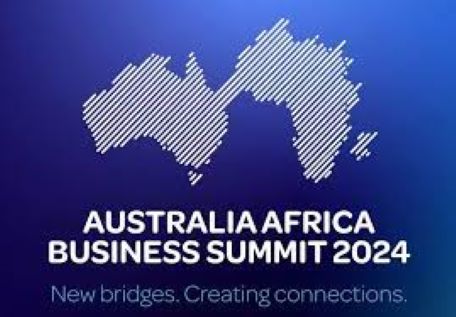
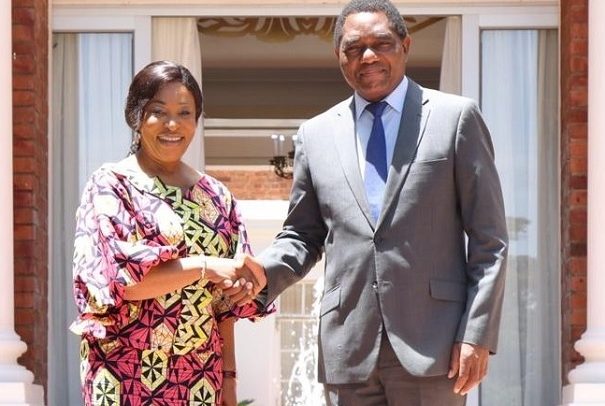
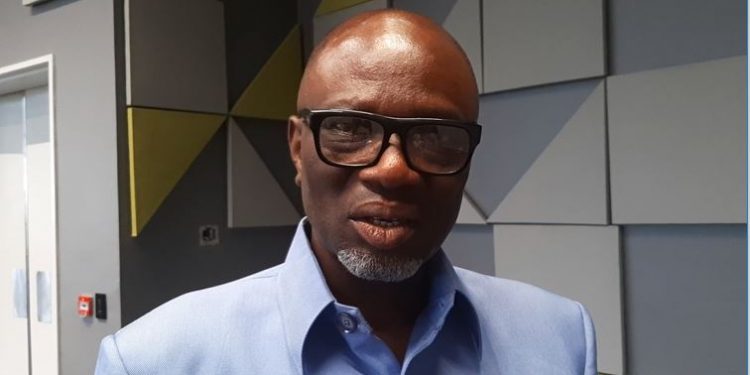
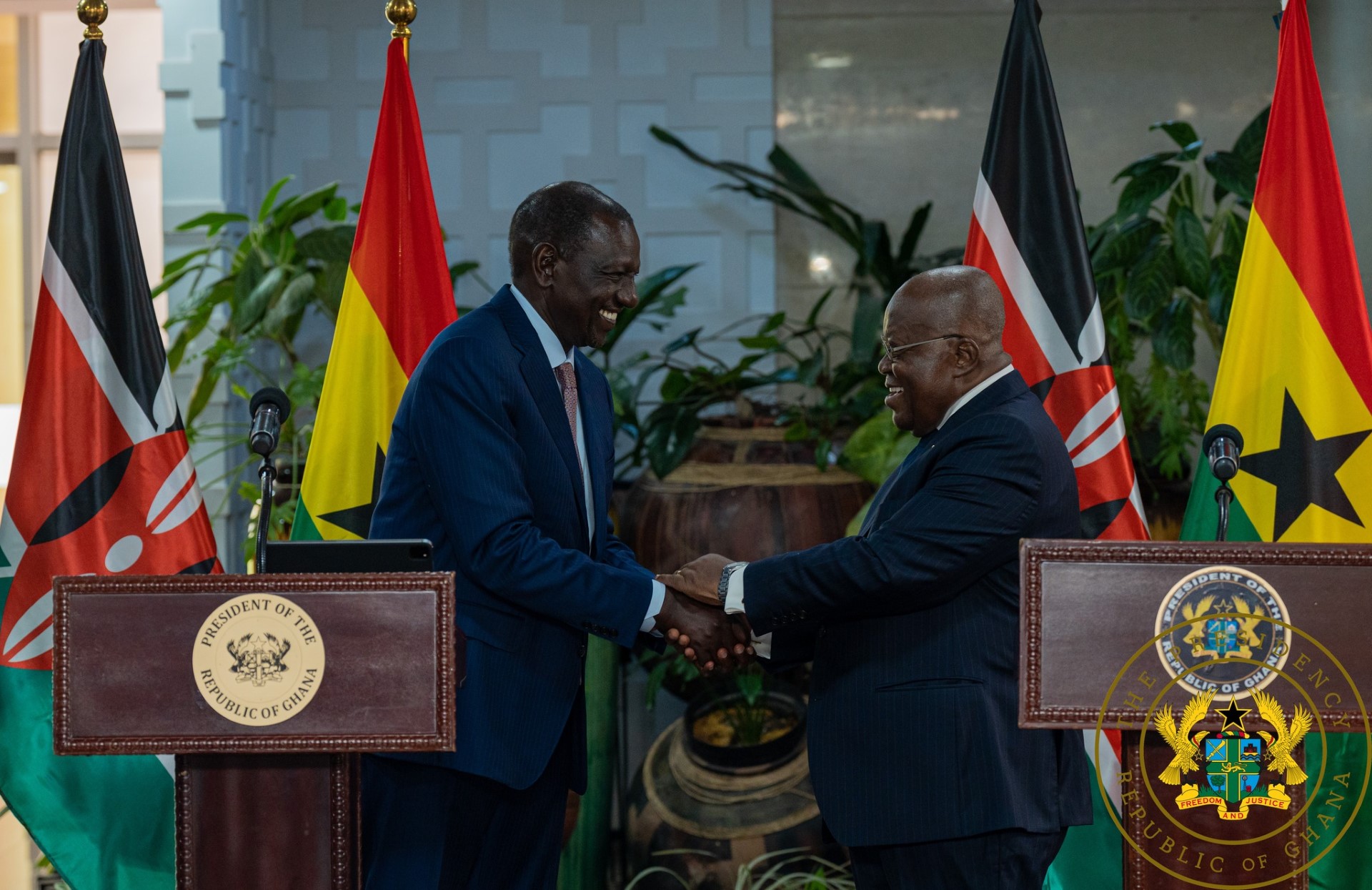











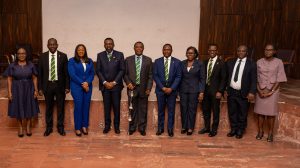



Facebook
Twitter
Pinterest
Instagram
Google+
YouTube
LinkedIn
RSS